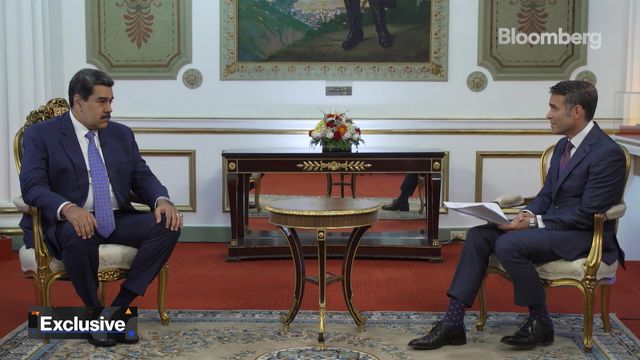A follow-up report compiled by Venezuelan civil society human rights organizations highlighted the main elements that illustrate the degree of implementation and compliance with the recommendations made by the United Nations High Commissioner for Human Rights to the Venezuelan State in her 2019-2021 reports.
In both reports, the OHCHR called for improvements in the situation of human rights in the country. The Report on compliance with the recommendations of the OHCHR gathers the most recent contributions by Venezuelan human rights organizations with expertise in the topics in question.
The Venezuela State continues to fail to fully comply with all the recommendations made by the OHCHR, especially those related to individual freedoms, the independence of the justice system and the situation of the economic, social and cultural rights.
Individual freedom:
Following the recommendations of the OHCHR, the Venezuelan State should:
- Release all persons arbitrarily deprived of their liberty;
- Cease and prevent excessive use of force during demonstrations,
- Guarantee the rights to food, water, sanitation, health, safety and dignity of all persons deprived of liberty.
Unfortunately, none of those recommendations has been implemented.
Independence of the Justice System:
Among other recommendations, the OHCHR called upon the Venezuelan authorities to
- Conduct prompt, effective, thorough, independent, impartial and transparent investigations into human rights violations;
- Ensure the right to remedy and reparations for victims, and take effective measures to restore the independence and impartiality of the justice system, the Office of the Attorney General, and the Ombudsperson,
- Establish an independent, impartial, and transparent mechanism to increase the number of tenured judges and prosecutors through a transparent public process.
Unfortunately, the independence and impartiality of judges and prosecutors continues to be seriously impaired.
Economic, Social and Cultural Rights:
On the recommendation of the OHCHR, the Venezuelan State should, among other things:
- Take all necessary measures to ensure the availability and accessibility of food, water, essential medicines and healthcare services.
- Guarantee decent income for workers in the public sector.
Unfortunately, all of these recommendations remain unimplemented, which has led to the continuation of a critical situation in the field of the ESCR, to the point that, to date, the seriousness in the indicators of the Complex Humanitarian Emergency has not abated.
Conclusions
Between 2019 and 2021, the OHCHR issued a total of 43 recommendations. Unfortunately, the Venezuelan State has not complied with any of them in full, showing instead a clear regression in 33 of the recommendations, especially those referring to arbitrary detentions, separation of powers and the ESCR. The margin of tolerance for non-compliance given by the OHCHR to the Venezuelan State has weakened its recommendations and has led it to restate them in less assertive terms. The Venezuelan State has comfortably set the pace in the implementation of the recommendations.
The continuity of the work of the OHCHR in Venezuela remains of great importance; however, the non-compliance with its recommendations by government authorities ratifies the need to have other complementary mechanisms for establishing responsibilities, being one of them the Independent International Fact-Finding Mission.
Download the full Report on compliance with the recommendations of the OHCHR, compiled by Venezuelan Civil Society organizations, HERE.
Translated by José Rafael Medina




